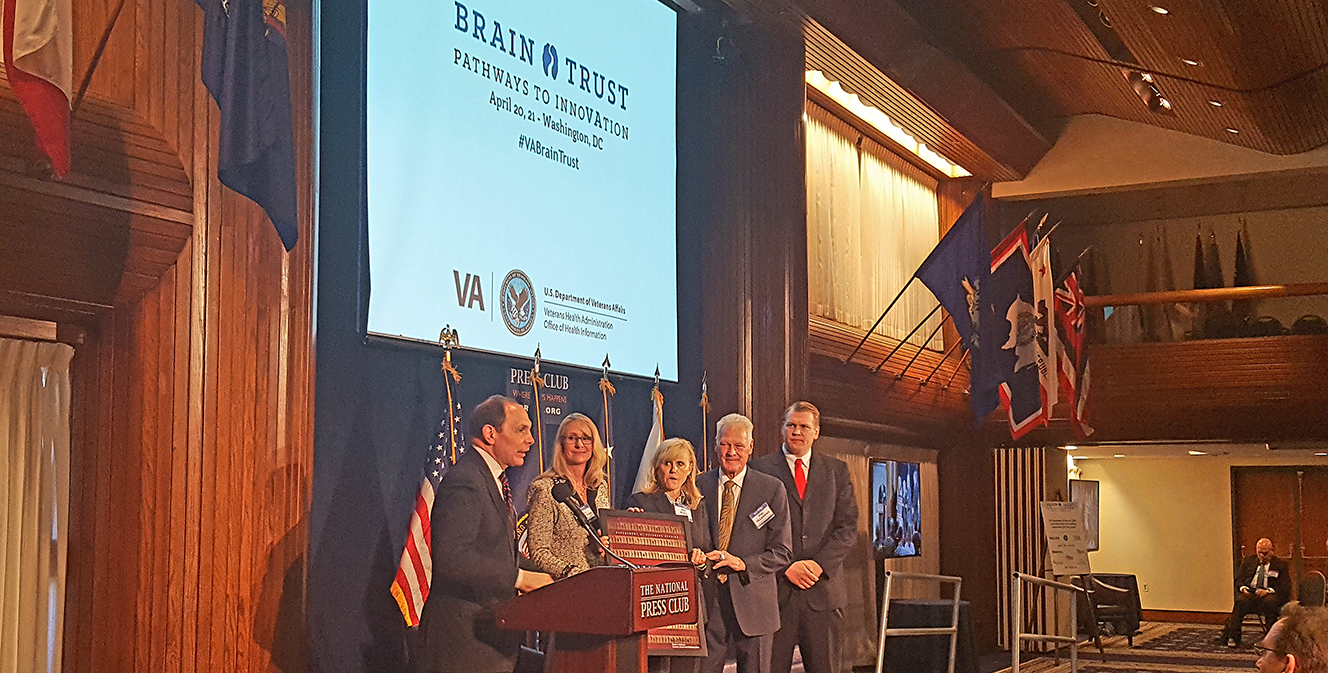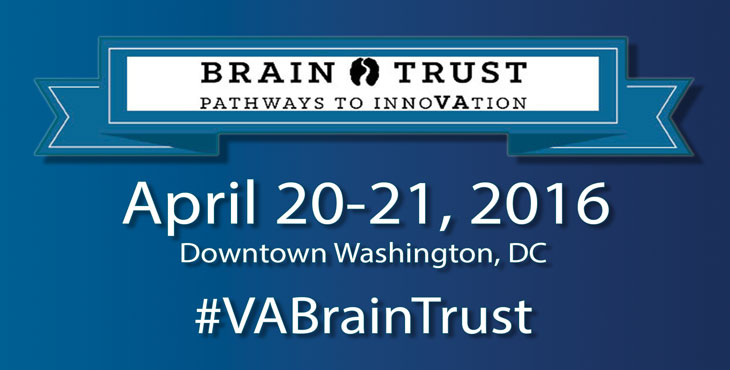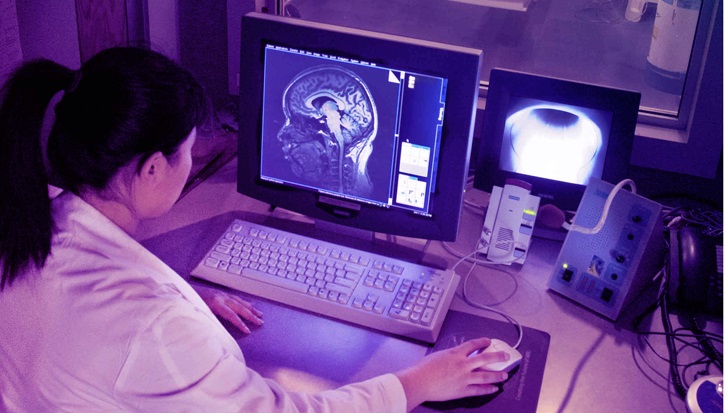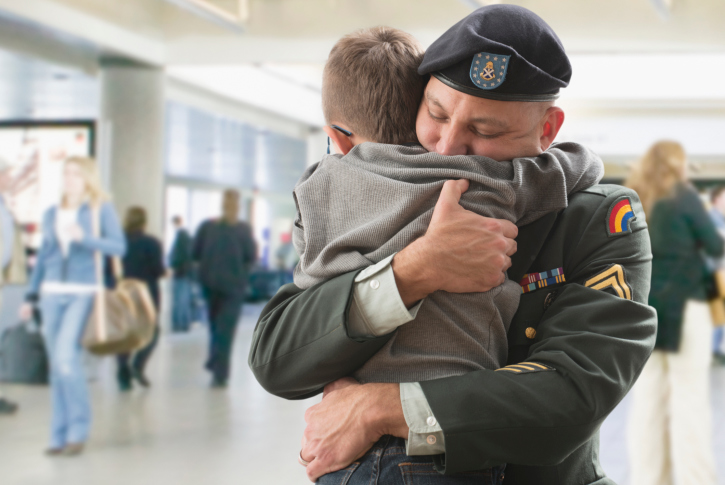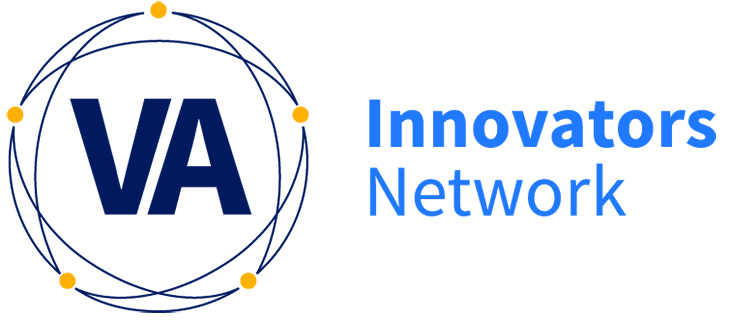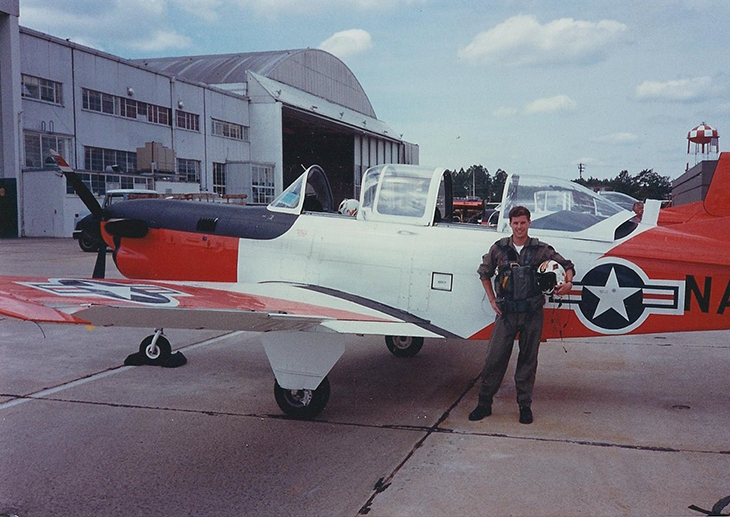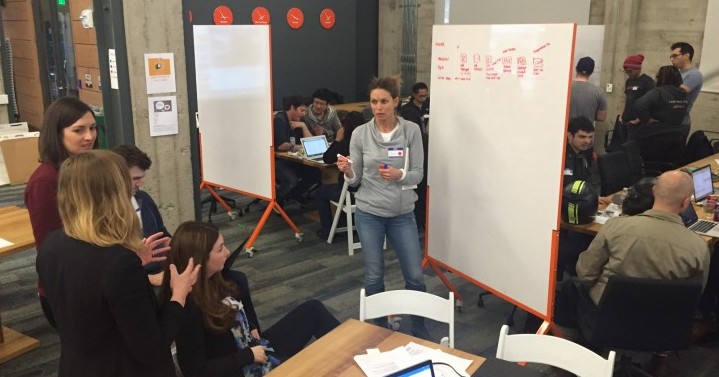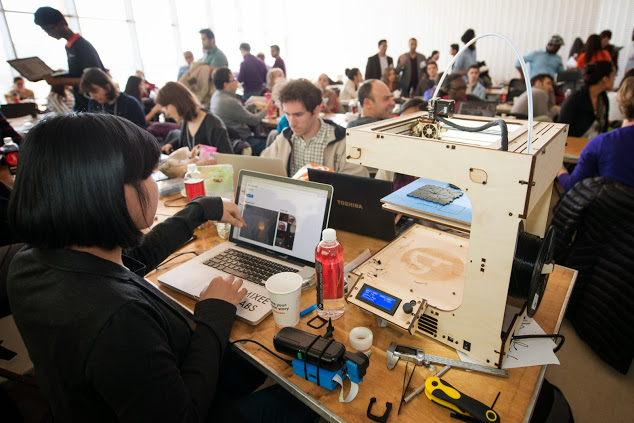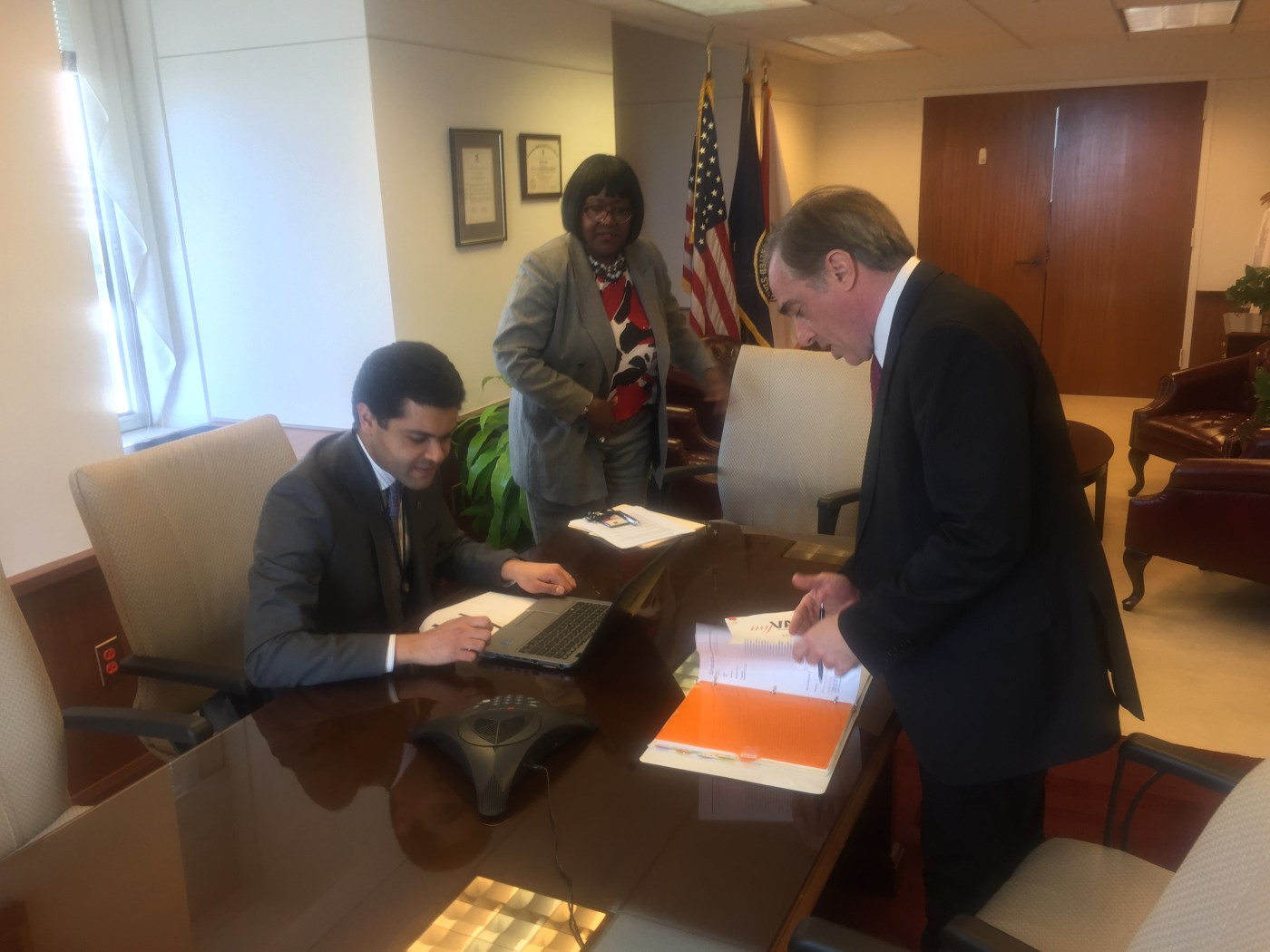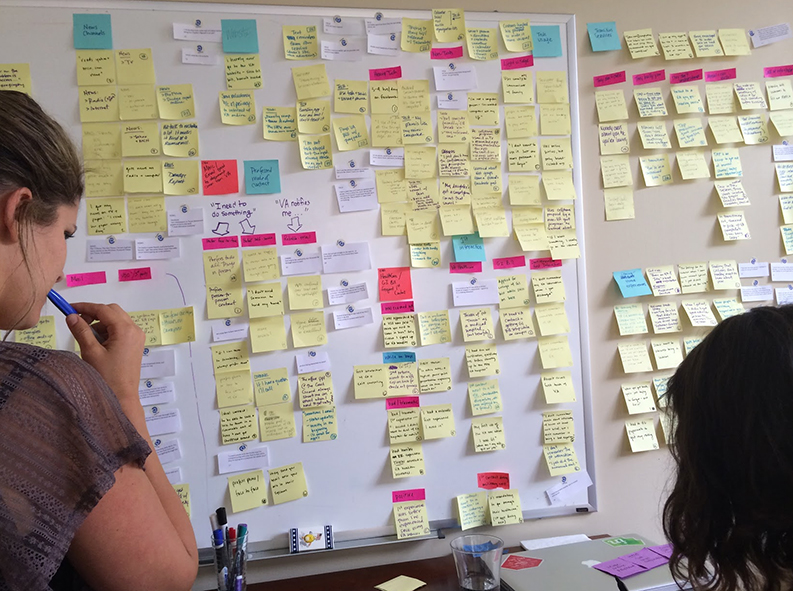Laurine Carson won for her cognitive, electronic application idea called TECi, which stands for Trusted, Empathic, Calming, and Insightful, that will serve Veterans as a trusted companion by learning, understanding, and interacting with them during rehabilitation and recovery of their injuries.
By the end of the day, four teams took the top honors. In first place was TECi who pitched their voice-based assistant to help Veterans connect to the services they need.
On April 20-21, VA is leading a ground-breaking two day event focused on brain health. Be sure to tune in to follow the event.
Brain Trust: Pathways to InnoVAtion is fostering debate, as well as facilitating national, partnership-based solutions in the general areas of mild traumatic brain injury and Post-Traumatic Stress Disorder.
April 20-21, VA and a number of its MyVA strategic partners, including Philips, will host this first-ever public-private partnership focused on brain health.
The #VABrainTrust: Pathways to Innovation summit bring together leaders in brain research and promote collaboration between private industries, national/professional sports organizations, the federal government, innovators, scientists, athletes, clinicians, caregivers and Veterans.
One example is the Care in the Community Tool (CITCoM). This innovation improved the timeliness of the information transfer to third-party administrators as part of the Choice program. According to a VHA Product Effectiveness study, the tool cut the time by more than half and ensures Veterans’ records are transferred in the most efficient manner possible and increases care safety.
At IBM, we’re dedicated to working in partnership with VA, the Department of Defense and other federal agencies to improve health outcomes for our soldiers and Veterans.
VA is partnering with the private sector, non-profits and those who have served to propel brain health solutions for Veterans.
This weekend, VA will host simultaneous “hackathons” with a goal of developing [...]
The enthusiasm was palpable as participants pitched innovations and improvements they’ve had success implementing in their own facilities.
Human-centered design serves as a foundational approach in which Veterans’ needs are the main focus during all stages in the development of products, services and processes.

